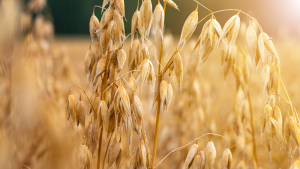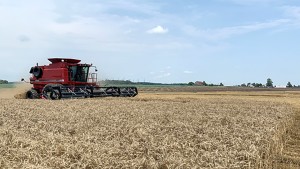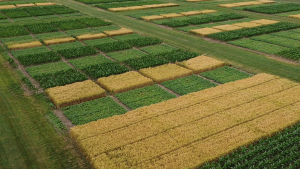Black gold
AGRONOMIC INFORMATION FROM ONTARIO'S CROP SPECIALISTS

MANURE HAS OFTEN been described as agriculture’s “black gold” and with rapidly increasing fertilizer prices the term has never been more accurate. And yet, surprisingly, there are many livestock producers that don’t take regular manure samples, and as a result don’t realize or appreciate the nutrients their livestock manure provides. Beyond the obvious nitrogen (N), phosphate (P2O5), and potash (K2O) value, manure also provides sulphur, magnesium, calcium, manganese, zinc, boron, and of course, organic matter. It is difficult to put a dollar value on the micronutrients in manure because they vary with ration and dry matter content and not all fields have an immediate need for the micronutrients applied.
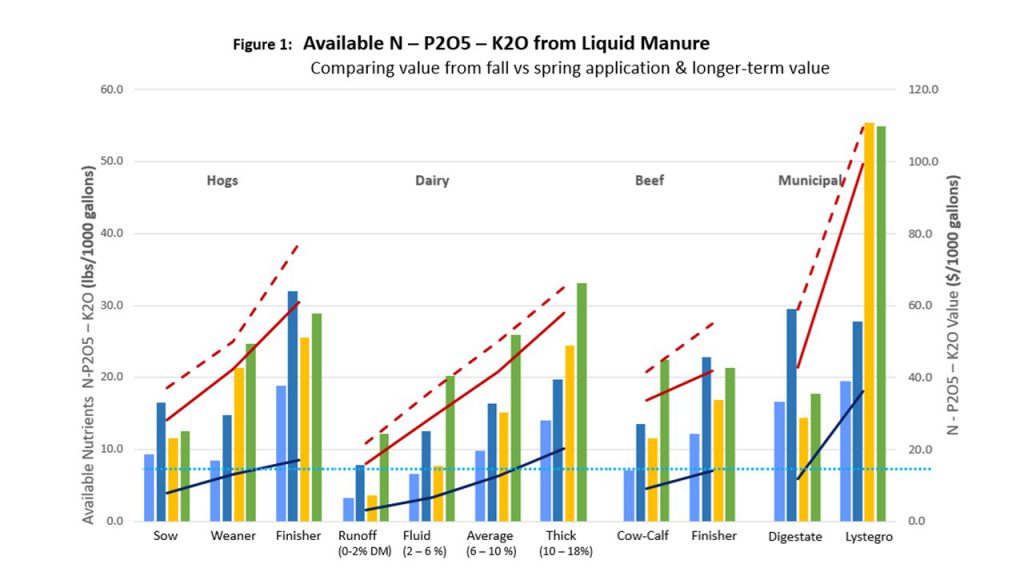
Manure N availability occurs more quickly when soil conditions are favorable to rapid plant growth. High solids content slows N release. Available N from liquid manure is higher when manure is spring applied and both liquid and solid, but especially solid manure, have nitrogen and phosphorus value in subsequent years after application.
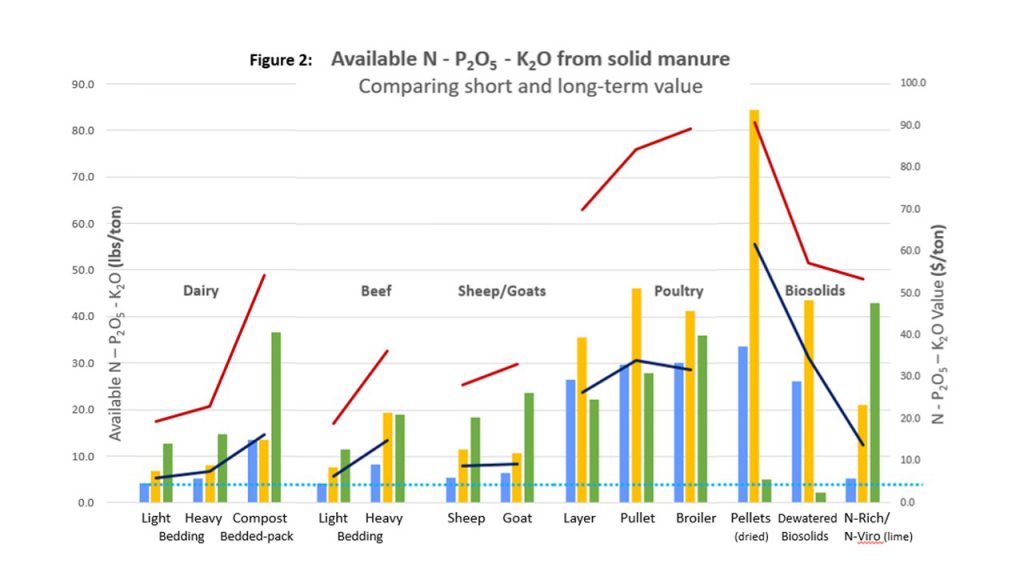
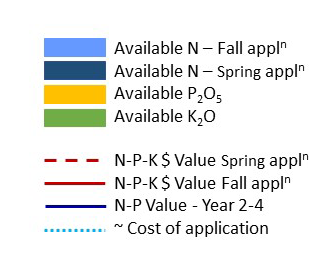
Manure has economic value, however, when applied to fields where soil fertility levels are already high it may take years before the applied P and/or K will be utilized by plants. Current fertilizer prices would make application to fields further away from the manure storage an economic option. Alternatively, high demand may provide opportunities to sell manure to crop neighbours.
To determine the most accurate value of your livestock manure, take a sample for analysis to any of the Ontario accredited labs. Determine available nutrients, micronutrients, and dollar value using Agrisuite’s organic amendment tools www.ontario.ca/agrisuite. •























